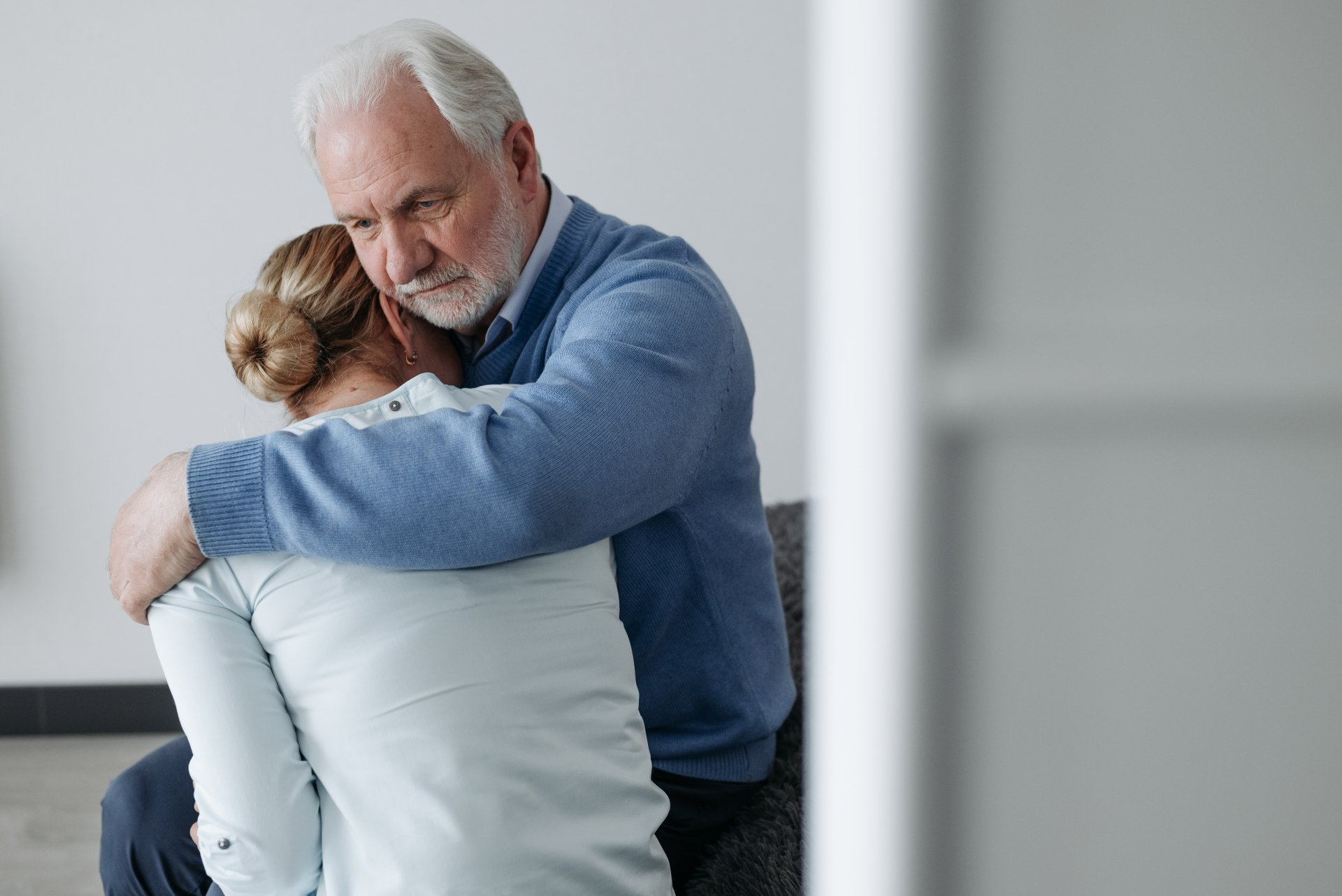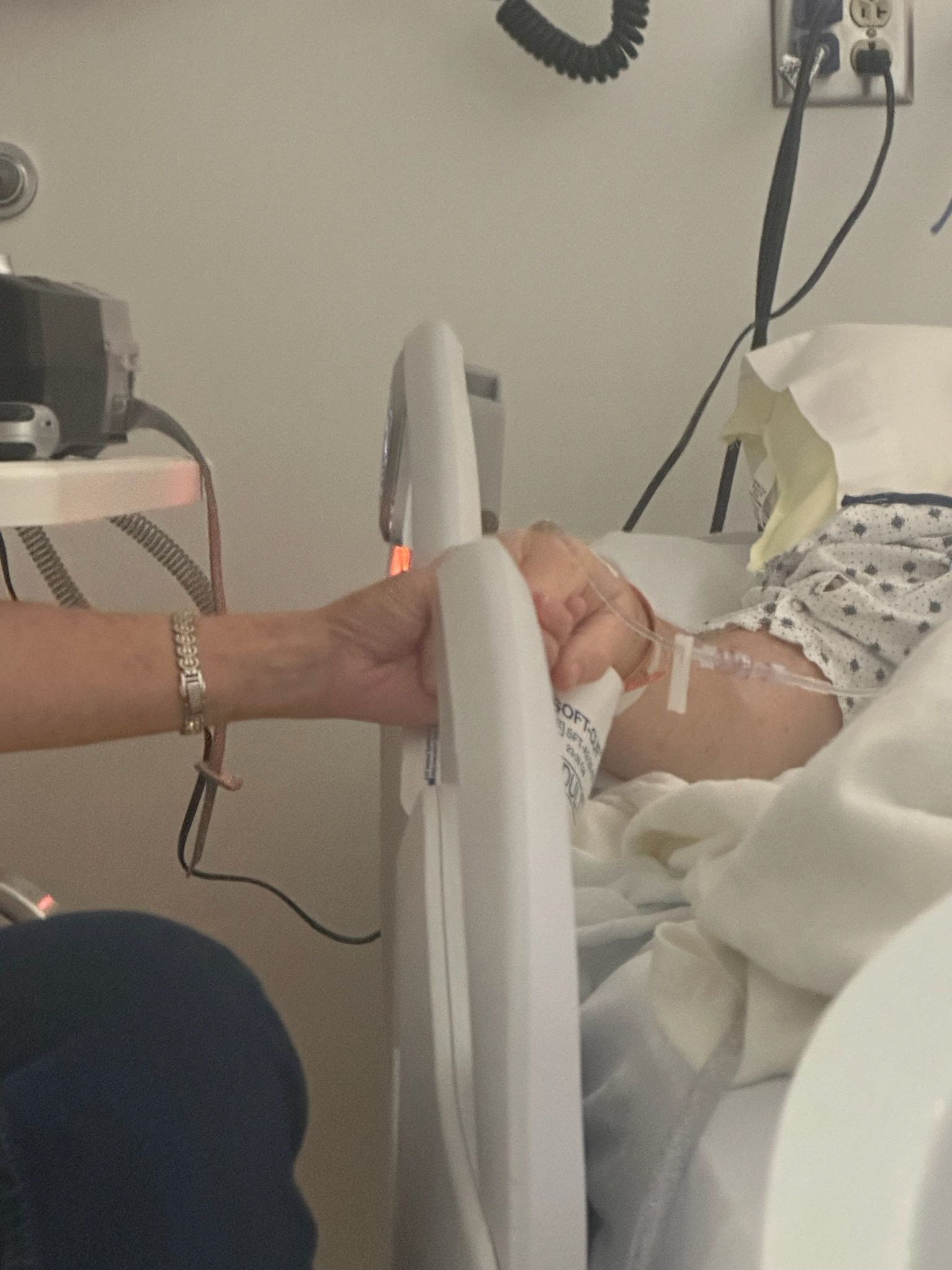After her daughter attempted suicide, a divorced mother of three teenagers found it difficult to receive care that worked.
She reached out from her position of pain, but the type of care she received only made her feel more tired and overwhelmed.
The people she reached out to probably cared, if care means feeling a deep sense of emotion such as sorrow, anger, fear, or worry about this family's future.
But what they did was not helpful. They gave advice.
We’ve got to realize that caring and fixing things are not the same thing. There was not a quick fix for this situation—a verse to memorize, a book to read and prayer to pray or a word to say to her daughter.
Instead, this overwhelmed mother needed somebody to care for her.
Giving advice sets up an accept or reject the advice situation. This can harm the relationship if she does not act on the advice as it was given--perhaps she could not, or she does not understand or she disagrees.
If the advice is wrong, following it will cause even more damage and there will be a whole new set of problems.
Giving advice sets one person as the authority and the hurting person as the weak, perhaps stupid one, who got herself into this problem in the first place. Nobody wants to feel stupid or be condescended to. Making people feel like less of a person is not the way to help them.
Since advice works so poorly, we should be very careful to avoid the advice-giving response, even when we do care emotionally. After she feels that she is cared for the time will come when encouragement, observations and insights can be offered. Maybe the care receiver will even ask for advice
An invitation into a caring RELATIONSHIP, offering presence, listening, empathy and spiritual support is best. It will take time but it is what works.
Your wisdom to care for others through a relationship will produce results and healing beyond measure.
Your care matters!
Your life matters,
Chaplain Dan
Rev. Daniel R. Hettinger
303.905.0478











